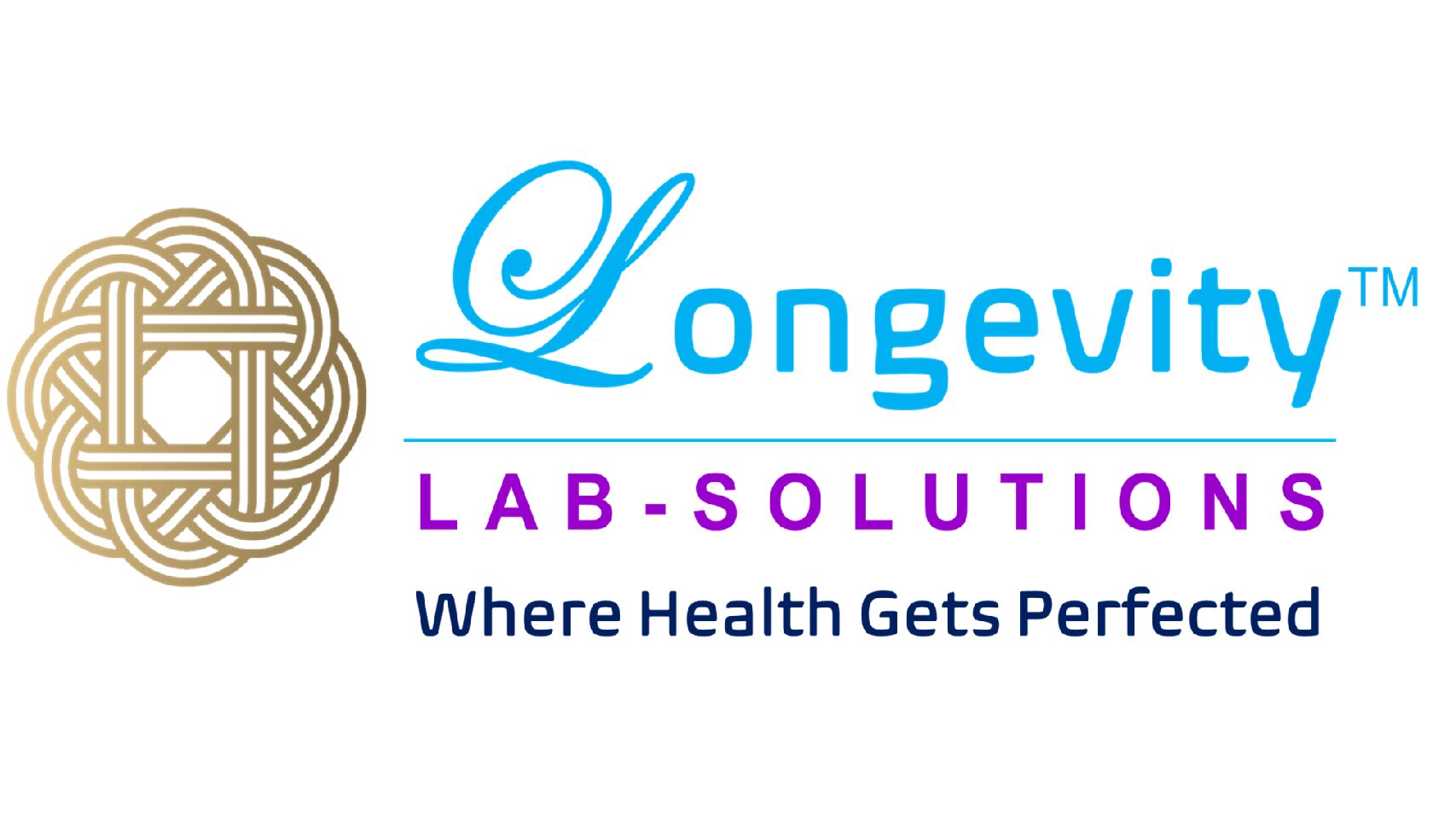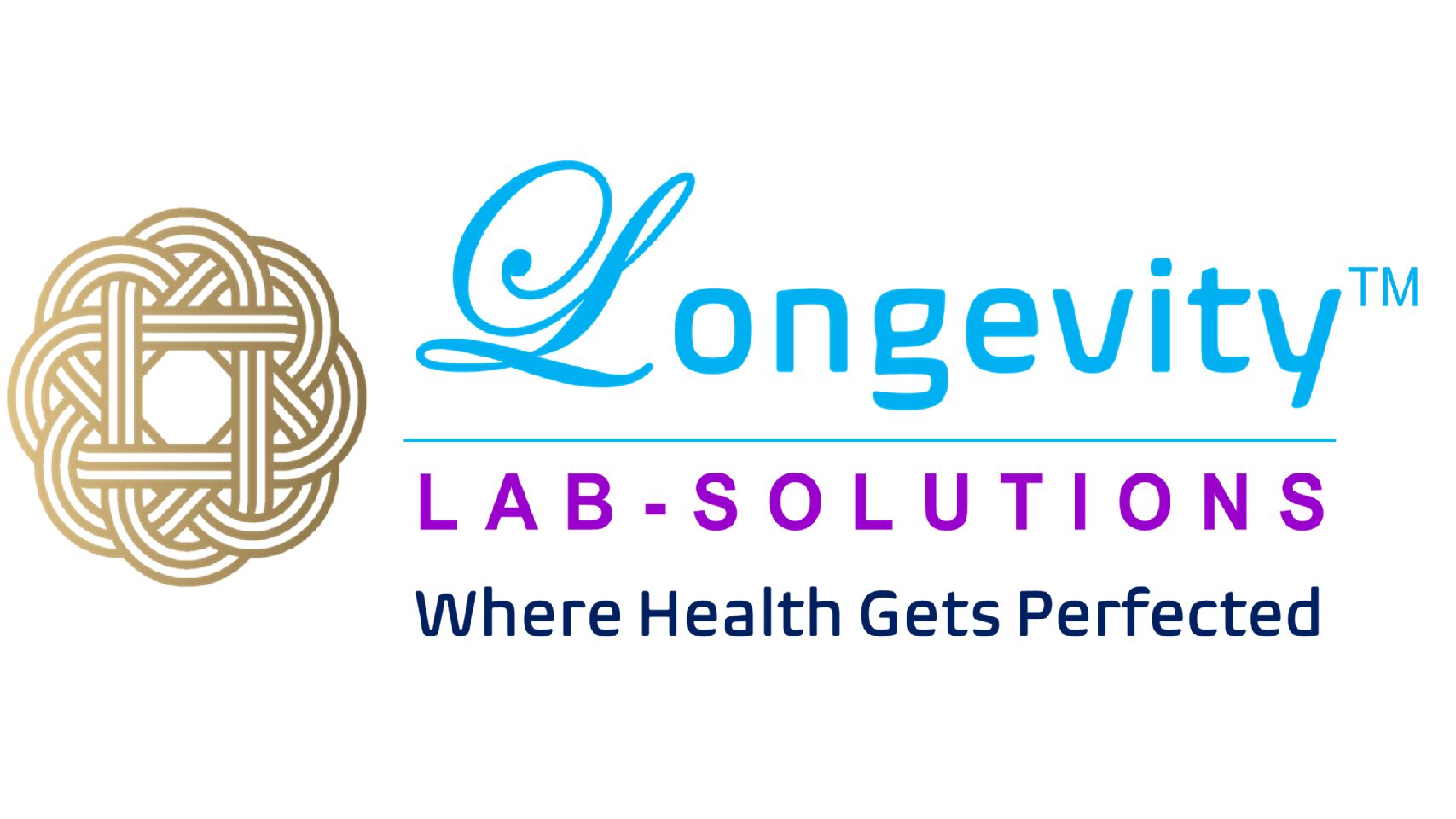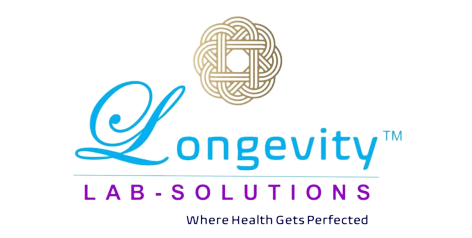Comprehensive Pharmacogenomics
Pharmacogenomics aims to tailor medical treatments, especially drug therapies, to an individual's genetic profile. This personalized approach can enhance treatment efficacy and reduce adverse reactions

Comprehensive Pharmacogenomics
Pharmacogenomics is a field of study that examines how an individual’s genetic makeup influences their response to medications. It combines two key areas: pharmacology (the study of how drugs work) and genomics (the study of genes and their functions). This test is for individuals who are considering starting a medication therapy protocol or who are currently on a medication therapy protocol.
30 Genes
ABCB1, ABCG2, ANKK1, APOE, C11orf65, COMT, CYP1A2, CYP2B6, CYP2C8, CYP2C9, CYP2C19, CYP2D6, CYP3A4, CYP3A5, CYP4F2, DPYD, DRD2, Factor II, Factor V, GRIK4, HTR2A, HTR2C, ITGB3, MTHFR, NUDT15, OPRM1, SLCO1B1, TPMT, UGT2B15, VKORC1
Price: $150.00
Test Details
Pharmacogenomics is a field of study that examines how an individual’s genetic makeup influences their response to medications. It combines two key areas: pharmacology (the study of how drugs work) and genomics (the study of genes and their functions).
Key aspects of pharmacogenomics include:
Personalized Medicine: Pharmacogenomics aims to tailor medical treatments, especially drug therapies, to an individual’s genetic profile. This personalized approach can enhance treatment efficacy and reduce adverse reactions.
Genetic Variability: People have genetic variations that impact how their bodies metabolize and respond to drugs. These variations can influence factors like drug efficacy, side effects, and dosing requirements.
Drug Selection: Pharmacogenomic testing can help healthcare providers choose the most appropriate medication for a patient based on their genetic makeup, increasing the likelihood of a positive response.
Dosing Optimization: It can guide healthcare professionals in determining the most effective and safe dosage of a drug for an individual.
Risk Mitigation: Pharmacogenomics can identify patients who may be at higher risk for adverse drug reactions, allowing for more careful monitoring or alternative treatment options.
Treatment Efficacy: By matching the right drug to a patient’s genetic profile, pharmacogenomics can increase the likelihood of a successful treatment outcome.
Reducing Trial and Error: It can minimize the need for trial-and-error approaches in drug selection and dosing, ultimately saving time and improving patient outcomes.
Patient Safety: By avoiding adverse reactions and optimizing treatment, pharmacogenomics enhances patient safety.
Pharmacogenomics is particularly relevant in fields like oncology, psychiatry, and cardiology, where medications have narrow therapeutic windows and individual responses can vary widely. As our understanding of genetics continues to advance, pharmacogenomics plays an increasingly significant role in modern healthcare, contributing to the development of more effective, personalized treatment strategies.
30 Genes
ABCB1, ABCG2, ANKK1, APOE, C11orf65, COMT, CYP1A2, CYP2B6, CYP2C8, CYP2C9, CYP2C19, CYP2D6, CYP3A4, CYP3A5, CYP4F2, DPYD, DRD2, Factor II, Factor V, GRIK4, HTR2A, HTR2C, ITGB3, MTHFR, NUDT15, OPRM1, SLCO1B1, TPMT, UGT2B15, VKORC1
- The patient has a history of medication failure.
- The patient is starting a new medication, with no previous history.
- The patient has a new diagnosis, with no pharmacological treatment history to treat that diagnosis.
- The patient has a history of, or is currently experiencing, adverse side effects from his/her current medication(s).
- The patient is on multiple medications, raising the risk for adverse drug reactions.
- The patient is starting on oral contraceptives (drospirenone/ethinylestradiol) associated with a risk of venous thrombosis.
- The patient has ACS, undergoing PCI and is initiating or reinitiating Clopidogrel (Plavix) therapy.
- The patient is taking antithrombotic medications (e.g., Clopidogrel).
- The patient is taking cardiovascular medications such as beta-blockers, antiarrhythmic drugs, or statins.
- The patient is initiating therapy with amitriptyline or nortriptyline for treatment of depressive disorders.
- The patient is initiating therapy with tetrabenazine doses greater than 50 mg/day, or re-initiation of therapy with doses greater than 50 mg/day.
- The patient is taking psychiatric or neurological drugs (e.g., antidepressants, antipsychotics, anticonvulsants, mood stabilizers, or stimulants).
- Dosing increases on current medications have had a sub-therapeutic response.
- The patient has not complied with his/her current medication regimen due to adverse drug reactions.
The test results are necessary to:
- Guide decisions about which medications to prescribe and/or avoid for this patient, or to guide decisions concerning dosing for current medication(s).
- Identify possible alternative medications which may yield a better therapeutic response for this patient than he/she is currently experiencing.
- Identify medications that should be avoided due to elevated risk of adverse effects for this patient.
- Help manage this patient’s cardiovascular or thrombotic risk.
- PCR
- Next-Generation Sequencing
- Deletion/Duplication Analysis
Buccal Swab
1-2 weeks


